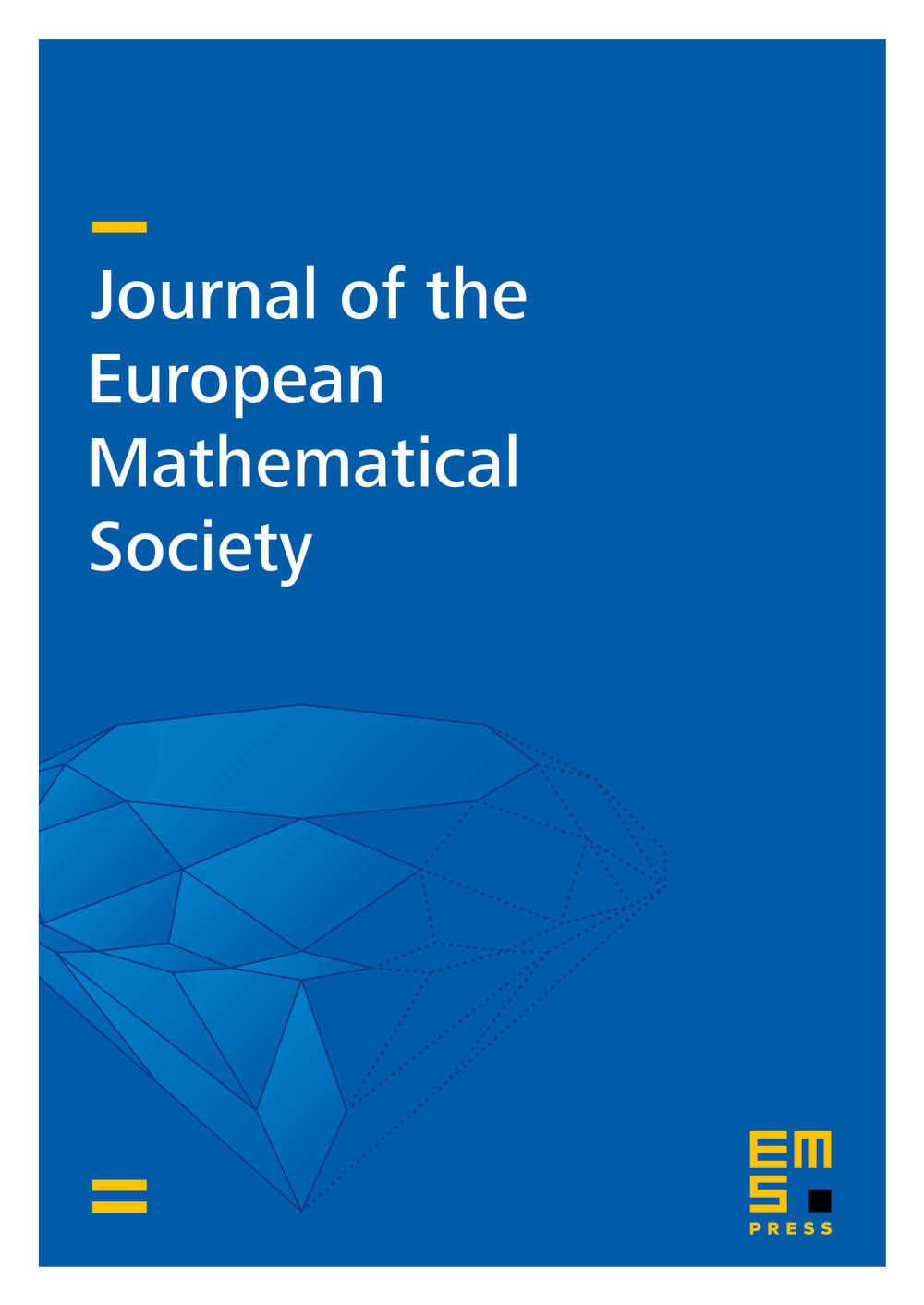Continuity, positivity and simplicity of the Lyapunov exponents for quasi-periodic cocycles
Pedro Duarte
Universidade de Lisboa, PortugalSilvius Klein
Pontifícia Universidade Católica do Rio de Janeiro, Brazil

Abstract
An analytic quasi-periodic cocycle is a linear cocycle over a fixed ergodic torus translation of one or several variables, where the fiber action depends analytically on the base point. Consider the space of all such cocycles of any given dimension and endow it with the uniform norm. Assume that the translation vector satisfies a generic Diophantine condition. We establish large deviation type estimates for the iterates of such cocycles, which, moreover, are stable under small perturbations of the cocycle.
As a consequence of these uniform estimates, we obtain continuity properties of the Lyapunov exponents regarded as functions on this space of cocycles. This result builds upon our previous work on this topic and its proof uses an abstract continuity theorem for the Lyapunov exponents which we derived in a recent monograph.
The new feature of this paper is extending the availability of such results to cocycles that are identically singular (i.e. non-invertible everywhere), in the several variables torus translation setting. This feature is exactly what allows us, through a simple limiting argument, to obtain criteria for the positivity and simplicity of the Lyapunov exponents of such cocycles.
Specializing to the family of cocycles corresponding to a block Jacobi operator, we derive consequences on the continuity, positivity and simplicity of its Lyapunov exponents, and on the continuity of its integrated density of states.
Cite this article
Pedro Duarte, Silvius Klein, Continuity, positivity and simplicity of the Lyapunov exponents for quasi-periodic cocycles. J. Eur. Math. Soc. 21 (2019), no. 7, pp. 2051–2106
DOI 10.4171/JEMS/880